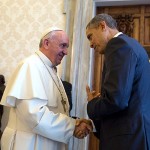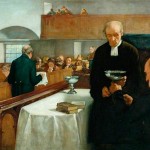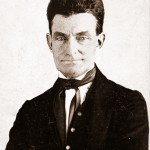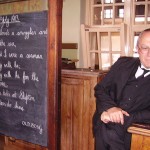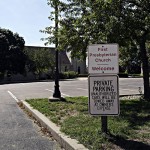If exposed to passages like the following, graduates of public schools would not need trigger warnings at college: “Woe to you, scribes and Pharisees, hypocrites! For you tithe mint and dill and cumin, and have neglected the weightier matters of the law: justice and mercy and faithfulness. These you ought to have done, without neglecting the others. You blind guides, straining out a gnat and swallowing a camel! “Woe to you, scribes and Pharisees, hypocrites! For you clean the outside... Read more


